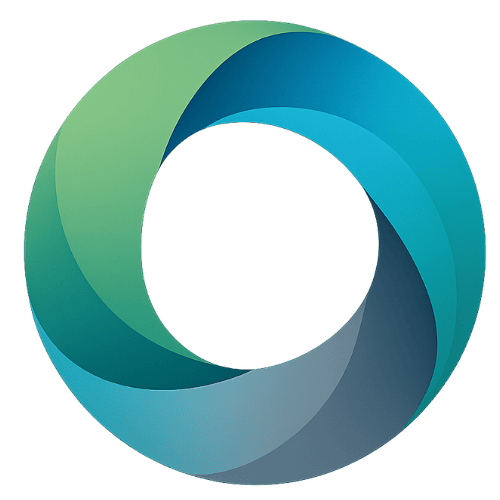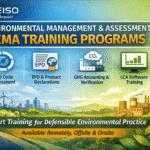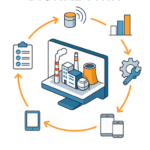What is Life Cycle Assessment?
Summary of LCA terminology
Terms | Meaning | Alternative terms of the same meaning |
Life Cycle Inventory (LCI) | All data required to quantify the inputs (resource and energy flows) and outputs (emissions and other releases) into and out the production system crossing the system boundary are analyzed.
| Inventory Analysis |
Life Cycle Impact Assessment (LCI) Data | The data that describes the system environmentally from the point of its pollutants (emitters) | Background data, LCA data, Emission factors |
Foreground data | You collect the data from the literature, your client, etc. This data describes the system technically | Input data, client data |
Life Cycle Impact Assessment (LCIA) | Quantifications of pollutants to impact categories, e.g., CO2 and CH4, contribute to climate change | Impact Assessment |
Life Cycle Impact Assessment (LCIA) methods | Several methods, such as CML, edit, and ReCiPe, to compute the LCIA phase of classification, characterization, normalization, and weighting produce results in kg equivalent. E.g., kg CO2-eq. | Impact methods, LCA methods |
Environmental Impact Categories | Categories such as climate change, acidification potential, water scarcity, energy depletion, urtication potential, human toxicity potential | Environmental load, environmental them, environmental performance, environmental categories, iMacs, impact categories |
Functional Unit (FU) | A unit that is used for bias evaluation or comparison, usually 1 kg or one peak of production | Bias unit |
Life Cycle Assessment (LCA) is an analytical and systematic investigation into the potential adverse impacts on the environment that a product or service may have had in the past or the future over its entire life. The product or service could have caused these impacts, or they could have been caused by other factors related to the product or service. Therefore, an LCA systematically examines the possible environmental implications of goods or services during their entire life cycle, from the extraction of raw materials to the final disposal, also known as cradle-to-gate evaluation.
An LCA (Life Cycle Analysis) evaluates a product’s or service’s possible environmental implications across its entire life cycle (manufacturing, distribution, usage, and end-of-life phases). This also encompasses upstream (e.g., suppliers) and downstream (e.g., waste management) activities related to manufacturing (e.g., raw, auxiliary, and operational material production), use phase, and disposal (e.g., waste incineration or landfilling).
In LCA, Life Cycle Impact Assessment (LCIA) considers all significant environmental inputs (such as ores and crude oil, water, and land usage) and emissions into the air, water, and soil (e.g., carbon dioxide, methane, and nitrogen oxides). The International Organization provides ISO 14040 and 14044 Life Cycle Assessment Guidelines and requirements for the standardization of LCA.
The Three Major Stages of Life Cycle Assessment
the main phases of life cycle assessments are (1) Goal and Scope Definition, (Life Cycle Inventory (LCI), Life Cycle Impact Assessment (LCIA), and Results Interpretation.
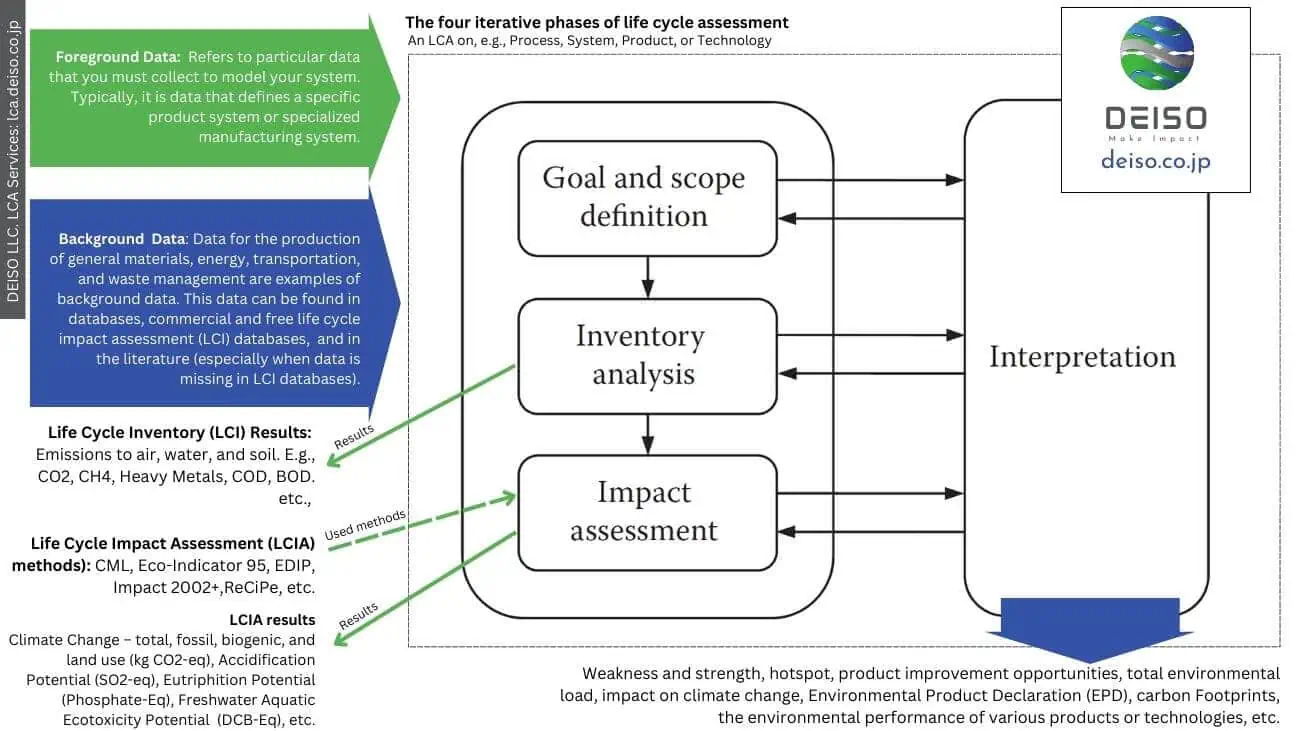
Definition of Goals and Scope
In this step, you identify the product or service to be evaluated, choose a functional basis for comparison (the functional unit (FU)), and specify the detail necessary. The scope is then determined by a goal, which includes the aim, application, and audience. Finally, you decide whether a critical examination of that aim is required. Also, you have what is included and included in the system boundary, the inclusion criteria, the system function, etc.
Inventory Analysis: Life Cycle Inventory (LCI)
In this phase, you compile data and conduct an inventory analysis of extractions from and releases into the environment. The final inventory lists all inputs and outputs related to your product or service’s life cycle. The mas or energy data are multiplied by the emission factor of each pollutant from an LCI database (also known as background data). E.g., emission factors from the ecoinvent database.
Impact Assessment: Life Cycle Impact Assessment (LCIA)
In impact assessment LCIA, you define resource consumption and emissions created based on their possible effects and quantify them for a restricted number of impact categories, which you may then rank in relevance for the LCA study’s purpose. You quantify them to impact types such as climate change, Human Resources Potential, Water Scarcity, Energy Depletion, Ozon Layer Depletion Potential, Eutrophication Potential, Acidification Potential, etc. All results at this stage are converted from kg (from the inventory phase) to kg equivalent (e.g., “Kg CO2-eq.)
This phase involves these steps: (1) classification, (2) characterization, (3) normalization, (4) Weighting, and (5) grouping. #2-#4 require factors to chive these steps. Classification is you map each pollutant to its corresponding impact category; for example, carbon dioxide, methane, and Nitrous oxide are mapped “classified” to Global Warming Potential (GWP) – Climate change.
Interpretation
System Boundary
This description of the activities included and removed from consideration throughout the product’s life cycle stages is based on the inclusion or exclusion criteria.
Product System
The totality of all actions related to the functional unit inside the system boundary.
Product System
They scaled the product system depending on the function(s) supplied as a reference unit. Based on this unit, you complete all evaluations. One thousand pairs of hands pet bottles or 1 liter of coffee or 500 pages printed (for office printers) of A4 (1 paper pack of 500 A4 sheets), or one ton-kilometer, e.g., for freight transport. Or 1 kg or 1 ton of municipal waste generated, or 1 kg of aluminum produced or recycled. This is also called a bias unit.
Reference Flow
The amount of the product that must be purchased to satisfy the demand for the functional unit; this quantity can be expressed in terms of mass, energy, area, volume, or any other physical unit. The reference flow may serve as the available unit in LCAs that evaluate intermediate products or raw materials without a specific end-use.
Life Cycle Inventory Analysis (LCI)
All data required to quantify the inputs (resource and energy flows) and outputs (emissions and other releases) into and out the production system crossing the system boundary are analyzed.
Life Cycle Impact Assessment (LCIA)
The assessment of potential environmental impacts using a comprehensive set of impact categories based on the results of the LCI analysis.
Interpretation
Discussing and evaluating the findings of the LCI and LCIA results to conclude, compare scenarios, another critical function of LCA analysis, and identify existing improvement opportunities.
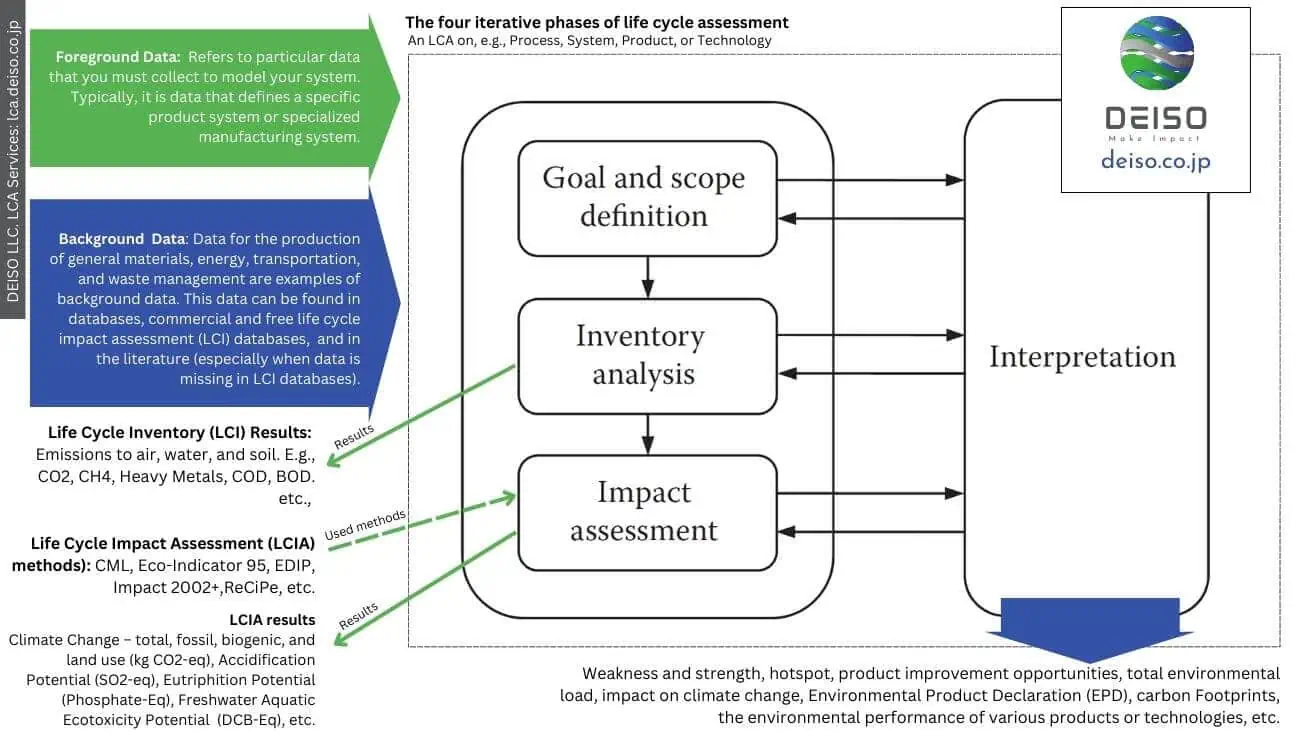
Reporting
Documenting the LCA study thoroughly and transparently under ISO 14044 standards.
Critical Review
Conformity assessment by one or more independent expert(s) to confirm adherence to ISO 14044 requirements, increasing credibility and ability to communicate the LCA study results. Suppose a company intends to disclose to the public claims of environmental superiority over a competing product. In that case, a panel of three independent experts must review the LCA study externally.
Impact Categories
Climate change
Also known as global warming or the carbon footprint, it measures greenhouse gas emissions such as CO2 and methane. These emissions enhance the Earth’s absorption of solar energy, enhancing the greenhouse effect. This may negatively influence ecological health, human health, and material well-being.
Eutrophication potential
Eutrophication refers to the possible consequences of high levels of macronutrients, the most significant of which are nitrogen (N) and phosphorus (P). Nutrient enrichment may cause an unfavorable change in species composition and increased biomass output in aquatic and terrestrial environments (e.g., potentially toxic algal blooms). Increased biomass production in marine settings may cause lower oxygen levels due to extra oxygen use during biomass breakdown.
Acidification Potential
Acidification is a measure of emissions that cause the environment to become acidic. The acidification potential measures a molecule’s ability to raise the concentration of hydrogen ion (H+) in the presence of water, hence reducing the pH value (e.g., acid rain). Fish death, forest decrease, and corrosion of construction materials are all possible consequences.
Photochemical Ozone Creation
A measure of precursor emissions that contribute to ground-level smog formation (mostly ozone O3) created by the interaction of VOC and carbon monoxide in the presence of nitrogen oxides under UV radiation. Ground-level ozone may be harmful to human health and ecosystems, and agriculture.
Photochemical Ozone Creation
Primary data sources include bills of materials/recipes, PLM software, utility bills, meter readings, procurement records, waste inventories, emissions permit reports, equipment specs, and measurements in production lines. All data that describe the system are technically also called foreground data.
Secondary data sources include LCA databases, technical literature, journal papers, conference presentations, and patents. All data describe the system environmentally, also called background data.
How Can DEISO help you with LCA?
Share this:
- Email a link to a friend (Opens in new window) Email
- Share on LinkedIn (Opens in new window) LinkedIn
- Share on X (Opens in new window) X
- Share on Facebook (Opens in new window) Facebook
- Share on WhatsApp (Opens in new window) WhatsApp
- Share on Reddit (Opens in new window) Reddit
- Print (Opens in new window) Print
- More

